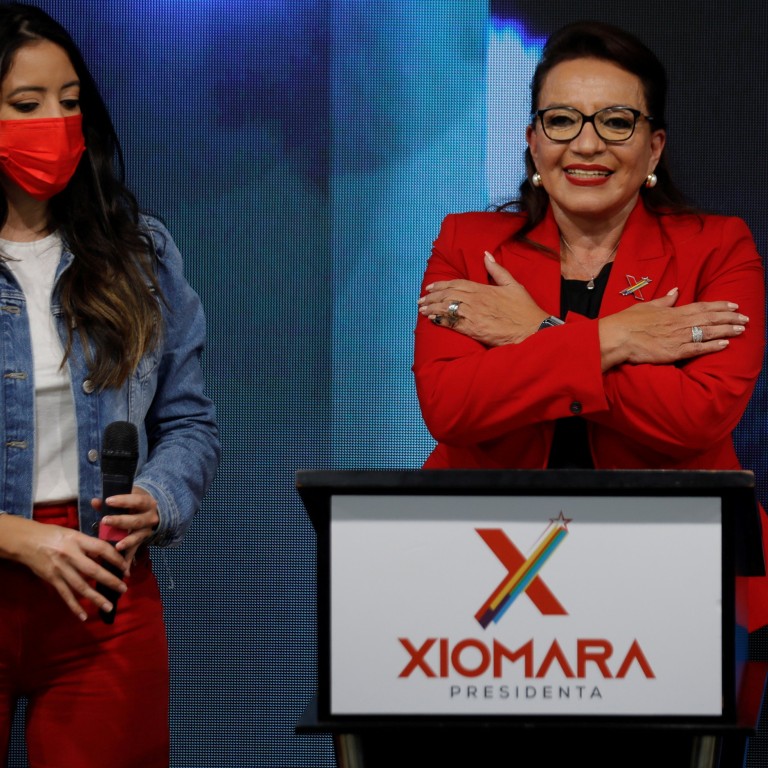
Incoming Honduras government backs away from pre-election China stance
- Senior allies of newly-elected president Xiomara Castro are signalling a reversal on her pledge to establish diplomatic ties with Beijing
- The Central American country is one of a shrinking club of nations which maintain relations with US-backed Taipei
Castro’s pledge on China relations before Sunday’s election had prompted diplomatic jostling between Beijing and Washington as each seeks to exert influence on the Central American nation.
Belize assures Taiwan of its support as doubts grow about Honduras
Salvador Nasralla, who is set to be one of Castro’s three vice-presidents, said any relations with China had to be weighed against ties with the US. When asked if Honduras would establish relations with China, Nasralla said: “No.”
“There are no relations with China, relations continue with Taiwan. Our trade ally, our close ally, our historical ally is the United States. We don’t want to fight with the United States, the United States is our main trade ally.”
Another senior politician in Castro’s incoming government, who spoke on condition of anonymity, also said there would be no ramping up of China relations as the “conditions” for that do not exist.
China’s foreign ministry last week accused the US of “arm-twisting” in Honduras ahead of the election.
The coordinator of Castro’s government plan, economist Hugo Pino, earlier said the decision to establish diplomatic ties with China was not final and that it was still in consultation with business, trade unions, peasant and social organisations.

